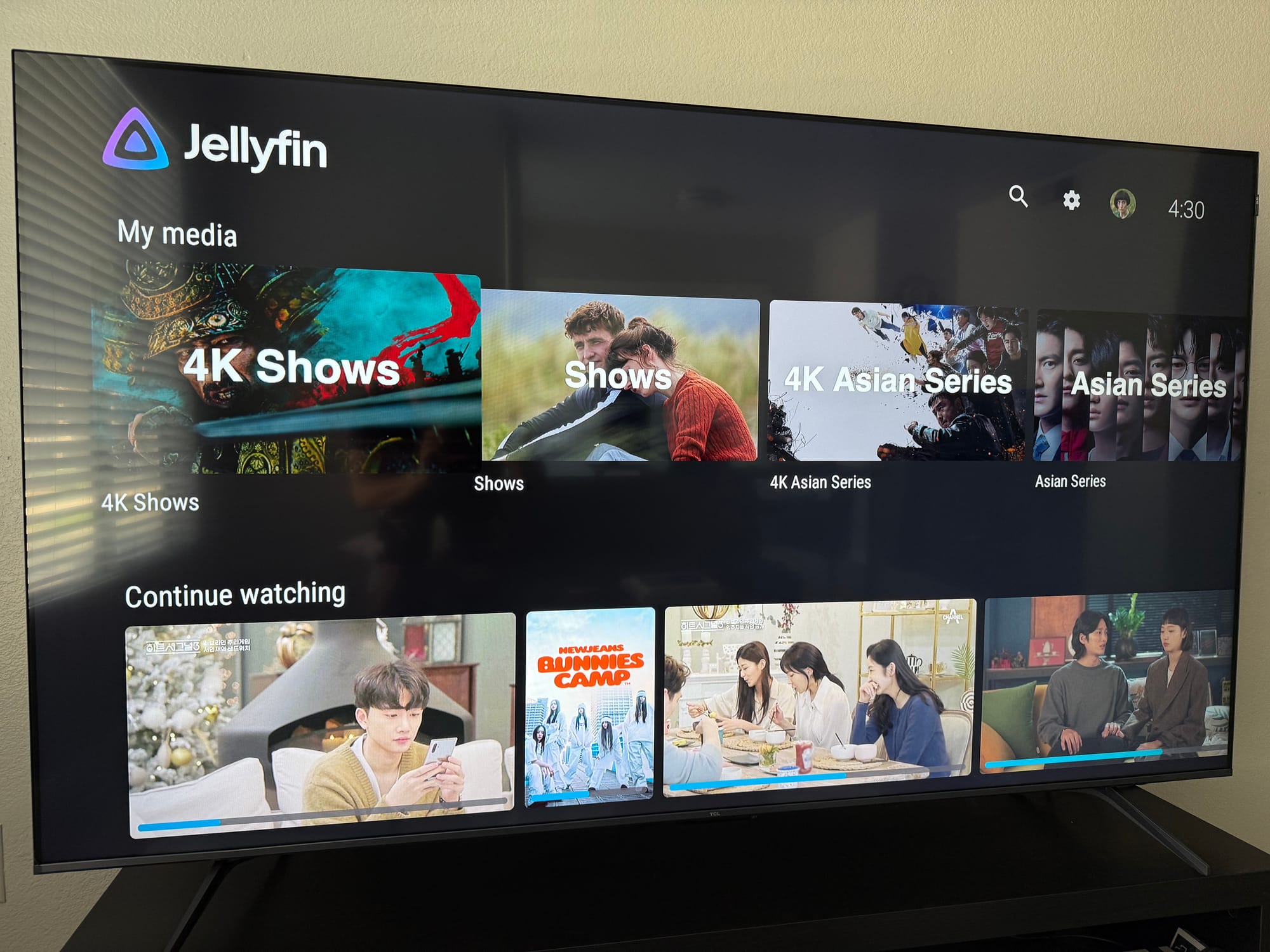Why You Shouldn't Be Sleeping On Korean Film & TV
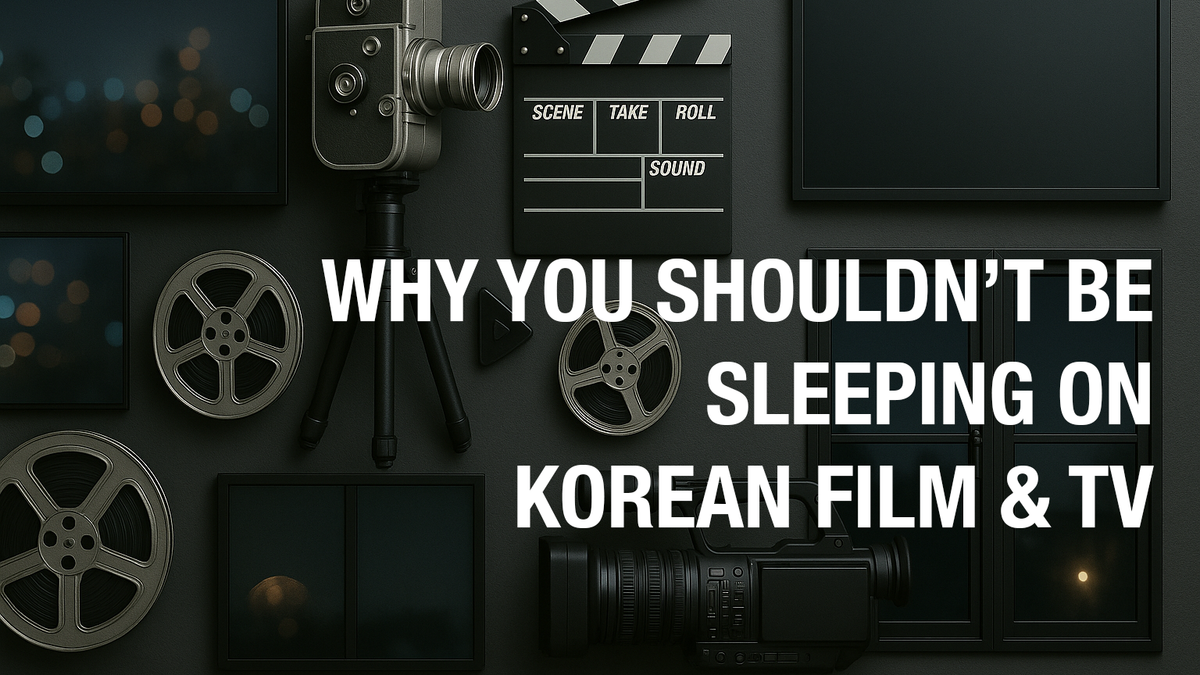
"Once you overcome the one-inch-tall barrier of subtitles, you will be introduced to so many more amazing films." - Bong Joon-ho, director of Parasite (2019), after winning Best Picture at the 2020 Oscars
And shows. And there are often English dubs available. So, why not?
How I Discovered Korean Film & TV
I watch a lot of film and TV. As a pre-teen and teenager, my brother Andre and a rotating cast of friends — Dennis, Thomas, Justin, Gerrit, and others — went to the movies almost every week (I still have containers full of ticket stubs). As I got older, I became curious of what other countries were making. I spent hours scouring forums (I know, right?) for recommendations and watching my way through Korean films — classics like My Sassy Girl (2001), Sympathy for Mr. Vengeance (2002), and Oldboy (2003) either on my own or with Andre and my friends Carl and Chris. I wasn’t into K-dramas at the time, but I knew about the influence of earlier series like Winter Sonata (2002) and mid-2000s hits like My Lovely Sam Soon (2005) and Coffee Prince (2007).
Though I also explored Chinese, Japanese, and Thai films, I always felt that Korean media was doing something different — something emotionally resonant that I couldn’t fully name back then. I had no idea Korean film and TV would go on to become a global force over the past 5-10 years. But it didn’t come out of nowhere: South Korea had been steadily building toward this moment for decades.
Hallyu and the Rise of Korean Soft Power
To be clear, I’m talking specifically about Korean film and TV — not just lumping it under the label “foreign.” That distinction matters because what’s happening in Korean media isn’t just about breaking into Western markets — it’s about reshaping global taste, and I'm not even talking about the global phenomenon of K-pop in this blog post.
When people say South Korea has soft power, they mean that South Korea influences and attracts other countries not through military force or economic pressure (hard power), but through its culture, ideas, and values. Instead of using coercion, South Korea wins hearts and minds worldwide with its music (K-pop), TV shows (K-dramas), movies, fashion, beauty trends (K-beauty), and technology.
In 2023, Netflix announced it would invest $2.5 billion into Korean content over four years. Korean programming now accounts for 8–9% of total global viewing hours on Netflix — second only to US content, and ahead of both the UK (7–8%) and Japan (4–5%). Out of the 500 most-watched non-US shows on Netflix, 17% (85 titles) are Korean. This momentum follows global hits like Squid Game (2021) (ranked #1 in 93 countries) and Parasite (2019), which became the first non-English-language film to win Best Picture at the Oscars in 2020.
The emotional depth in Korean media didn’t just emerge overnight — it’s rooted in a history shaped by war, division, rapid modernization, and global aspiration. And the government’s long-term investment in cultural exports — from K-pop to K-drama — has turned storytelling into one of South Korea’s greatest assets.
The term Hallyu — or the Korean Wave — gained global traction in the mid-2000s, propelled largely by the explosive success of South Korea’s music industry. This rise aligned perfectly with the expansion of the internet, the emergence of social media, and the coming of Gen Z. South Korea’s strategic cultural investment, aimed at restoring economic confidence by focusing on information and communication technologies (ICT) and cultural industries, boosted its international influence through the soft power of culture. They just needed time and talent. For a while, South Korea had the world's fastest internet. South Korea was one of the earliest countries to build a nationwide, high-speed broadband internet infrastructure, starting in the late 1990s and early 2000s. This bold investment helped the country become one of the most digitally connected in the world, enabling rapid adoption of streaming, social media, and online fan communities that fueled the global spread of South Korean culture. This media infrastructure not only supports collaboration between major tech and media companies — it also enables cultural content to move seamlessly across platforms and borders, helping fan communities thrive and South Korean culture resonate in countries around the world. This effort was strongly backed by government initiatives and private sector funding. As journalist Euny Hong writes,
"In May 1994, the South Korean Presidential Advisory Council on Science & Technology published a report positing that if Jurassic Park could make as much money in a single year as selling 1.5 million Hyundai cars, then South Korea should be making blockbuster movies too."
As Hong puts it, Hallyu represents "the world's biggest, fastest cultural paradigm shift in modern history." In 2021, exports of South Korean cultural content totaled $12.4 billion, more than home electronic appliances and electric vehicles. All Korean Wave products are part of the same ecosystem, with one industry enhancing the appeal of the other. K-pop fans love K-beauty, so South Korea puts idols in the ads — and casts them in K-dramas. Sometimes it's the other way around: K-drama actors front K-beauty campaigns. It’s an easy way to keep the Korean Wave rolling. Of course, that’s not always the formula.
"[Hallyu represents] the world's biggest, fastest cultural paradigm shift in modern history." - Euny Hong, journalist
To add to this, journalist Jin Yu Young writes, in a 2025 New York Times article,
"[T]he so-called Korean Wave shows no signs of subsiding. Global interest in seeking out all things Korean, from cosmetics to food, is surging."
What Makes Korean Film & TV So Resonant?
What sets Korean film and TV apart isn’t just the production value, or the plot twists, or even the genre experimentation — it’s the emotional honesty. Korean storytellers have a rare willingness to show vulnerability, grief, longing, and joy without irony. These are K-dramas and films that let characters break down, flounder, fall short, and still be treated with care. There’s no self-consciousness about feeling things deeply.
The term K-drama often carries a reputation for being overly dramatic or strictly romantic, which can give some people the wrong idea about the genre. While it’s true that many K-dramas lean into romance and heightened emotions, the term actually encompasses a wide range of stories and styles — from intense thrillers and social critiques to heartfelt family sagas and quirky comedies. K-dramas aren’t just about love stories; they reflect the complexity and diversity of the human experience.
Korean media often tackles themes like inequality, repression, and identity because these issues are deeply woven into the country’s modern history and society. Rapid industrialization and economic growth created huge wealth gaps and intense social pressure. Political repression, especially during the 20th century, left scars on generations. Plus, the division of the Korean peninsula and ongoing tensions add layers of national identity struggles. All this fuels stories that explore social injustice, personal sacrifice, and the quest for meaning in a fast-changing world — making Korean films and dramas rich, complex, and emotionally charged.
There’s also an undercurrent of sacrifice and generational pressure running through so many stories — whether it’s a single mom hiding her pain to protect her child, a character crushed under family expectations, or someone struggling to preserve their dignity in a brutally competitive world. K-dramas and Korean films often explore emotional burdens passed down through family, society, and class divides. These aren’t always overtly political works, but they’re often rich with quiet social critique about power imbalances, control, and belonging.
Some of the most powerful K-dramas unfold in subtle, restrained storytelling that lingers long after the final episode. My Mister (2018) is a prime example. It’s a slow-burning, deeply human story about loneliness, healing, and the fragile connections that sustain us. The K-drama refuses easy resolutions or neat endings. Instead, it dwells in the quiet pain of everyday struggles — financial hardship, emotional scars, and the search for meaning and connection amid hardship. The characters aren’t perfect heroes but flawed people learning to carry their burdens with dignity. It’s a masterclass in understatement and emotional honesty — it often feels like not a lot happens, but a lot does.
Memories of Murder (2003), a film about the Hwaseong serial murders (I'd provide a link but it might spoil the film) directed by Bong Joon-ho (Parasite, 2019), is emotionally honest because it never sensationalizes the violence at its core. Instead, it captures the quiet despair, frustration, and fear that build as the investigation drags on with no clear answers. The film’s emotional weight comes not from big dramatic moments, but from the way each failure chips away at the characters’ sense of control. The acting is remarkably grounded — Song Kang-ho, in particular, brings depth to a detective unraveling in real time. As Bong says in an interview,
"[T]here’s an old tradition of crime movies in Korean cinema which are rather different from plot-oriented Hollywood thrillers, and I wanted to make something of that sort. The old-style Korean movies are essentially humane and emotional — that’s what I like about them . . . I like seeing how people behave when they’re caught up in crime.”
Bong lets the suspense build slowly, almost imperceptibly, until it tightens like a vice, making the final scenes hit with devastating force. It's a cornerstone of the Korean New Wave, a globally recognized revival of Korean film from the late 1990s to the mid-2000s.
In contrast, When Life Gives You Tangerines (2025) offers a mature exploration of hope, family, and resilience, doing so with such elegance. It's a family drama disguised as a youthful romance. Tangerines follows characters wrestling with loss, regret, grief, and the pressures of life, all framed by a gentle narrative rhythm and evocative visuals. The K-drama’s strength lies in its empathy — it invites viewers to sit with discomfort and complexity, recognizing that healing is neither linear nor easy, but life remains beautiful. Many comments I've seen on Reddit and YouTube have described it as incredibly healing, with user @shadabbilal1962 saying, "It felt like a mirror reflecting the silent grief that many of us carry but never speak of."
"It felt like a mirror reflecting the silent grief that many of us carry but never speak of." - User @shadabbilal1962 on YouTube
All three examples highlight Korean storytelling’s capacity for nuance and emotional depth without relying on melodrama or spectacle. They offer a space to reflect on the quiet moments that shape our lives and the human need for understanding and connection.
Korean media isn’t all heavy grief and tragedy — some of the most beloved K-dramas balance warmth, humor, and hope with emotional insight. Take Yumi’s Cells (2021), for example. At first glance, it’s a whimsical romantic comedy about a woman navigating love and life, with animated cells representing her thoughts and feelings, à la Inside Out (2015). But beneath the quirky visuals and tidy aesthetic lies a thoughtful and nuanced exploration of human emotions — the push and pull between desire and fear, connection and solitude, yearning and anxiety. It captures what growth looks like — messy and beautiful, with moments that make you say, "Ohhh that's how I feel, too. So that's what that is."
"Ohhh that's how I feel, too. So that's what that is."
My Sassy Girl (2001), a film that helped pioneer the Korean Wave (it was my first Korean film), walks a fine line between slapstick comedy and genuine connection, making it feel both timeless and refreshingly unpredictable. It’s a film that is endearing in its tenderness, yet often jarringly chaotic — especially through the female lead (Jun Ji-hyun)’s bold, sometimes aggressive behavior that constantly upends expectations. What makes the film resonate is how its quirky charm grows not from gimmicks, but from watching two wildly different people fumble their way toward understanding each other. Beneath the absurdity and physical comedy is something surprisingly sincere: a messy, human attempt at closeness that feels all the more real because it’s imperfect. As cinema enthusiast Wilson Kwong writes,
"Even though South Korea has churned out many (and I mean many) more romantic comedies over the past 20 years, no film has been able to replicate the magic of My Sassy Girl. The film isn’t without its faults but somehow stands as a relatively bulletproof example of cinema that is hard to criticize. The mesmerizing allure of the film’s overarching love story and quirky sensibilities make it a timeless entry in the romantic comedy genre. It’s not a perfect specimen in filmmaking, but like the messy relationship depicted in the film itself, My Sassy Girl is an imperfect exercise in romantic storytelling that can’t help but win you over."
Similar in its power at winning viewers over, Extraordinary Attorney Woo (2022) centers on Woo Young-woo, a brilliant lawyer on the autism spectrum. The K-drama is light and uplifting but never shies away from exploring challenges of neurodiversity, social isolation, and acceptance. Its success lies in making Woo’s perspective relatable and inspiring. It's no surprise that in 2022 it was ranked the sixth most popular non-English show of all time on Netflix and was nominated for Best Drama at the 2023 International Emmys.
These examples prove that emotional complexity doesn’t require darkness or melodrama. Korean dramedies are masters of weaving heartfelt moments into everyday life, reminding us that joy, awkwardness, and vulnerability often go hand in hand.
Some That Stayed With Me
If you’re curious to feel that mix of emotions for yourself, here are some K-dramas and Korean films that really capture those kinds of moments. Whether you’re just getting into it or already a fan, these picks give a good sense of what Korean media can do. If you’ve got the time, I highly recommend checking out the trailers below — they’ll give you a sense of the range in tone and style. I’ll list 7 K-dramas and 7 films in no particular order.
K-Dramas
Extraordinary Attorney Woo (2022)

MyDramaList: 8.9
Nominated for Best Drama Series at the 2023 International Emmys
Extraordinary Attorney Woo shines with its charming and heartfelt portrayal of a brilliant lawyer on the autism spectrum, blending sharp and entertaining legal drama with moments of genuine warmth and humor. It’s an inspiring story about overcoming challenges and finding connection in unexpected places. It's a favorite of mine.
My Mister (2018)
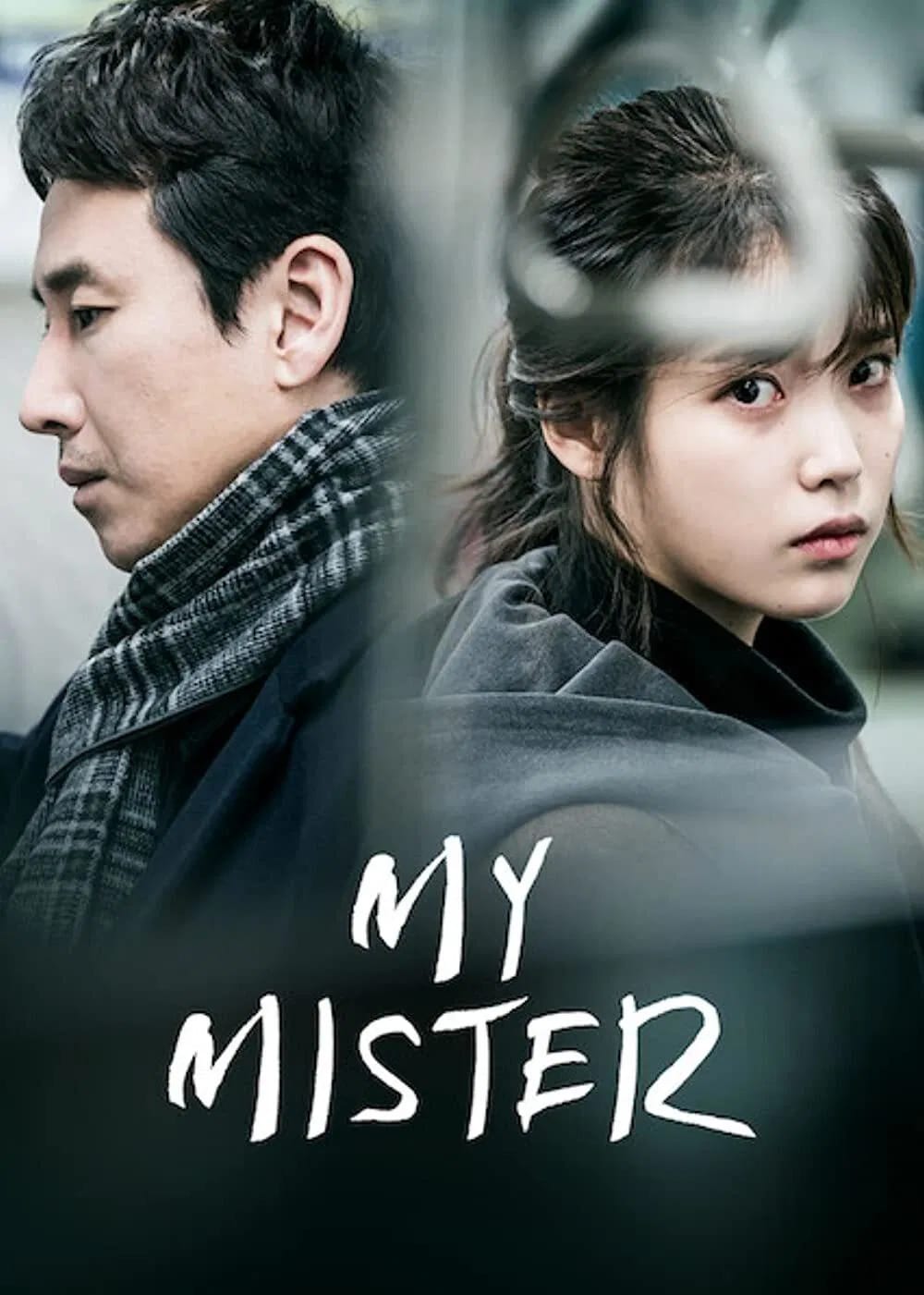
MyDramaList: 9.0
My Mister is a beautifully quiet and deeply emotional drama about finding hope and healing amid life’s hardships. With detailed performances and honest storytelling, it’s a powerful display of subtlety and human connection. Credit goes to my partner, Anne, for recommending this to me.
Flower of Evil (2020)

MyDramaList: 9.1
Flower of Evil is a psychological thriller that explores dark secrets and complex relationships, anchored by intense performances and suspenseful twists. An ideal pick for those who appreciate layered emotion and suspense.
Yumi's Cells (2021)
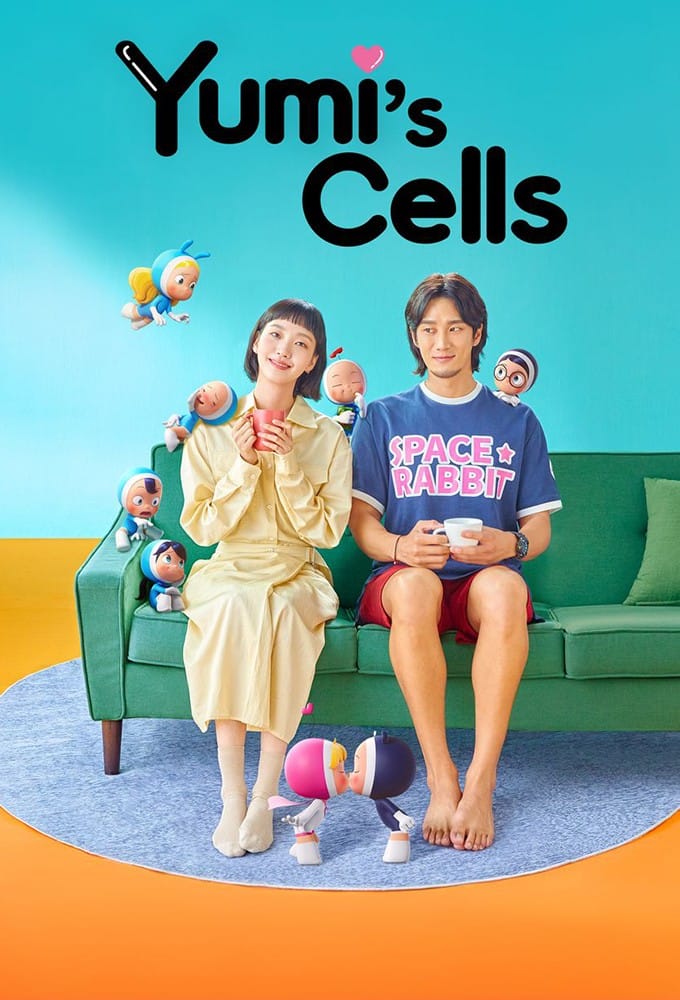
MyDramaList: 8.4
Yumi’s Cells is a fun, clever, and surprisingly deep take on dating, love, and life, with animated cells that bring emotions to life — think Inside Out (2015) meets Korean rom-com. Kim Go-eun delivers a standout performance, bringing depth and precision to a seemingly simple genre that’s notoriously difficult to get right. It’s charming, relatable, heartfelt, and richer in meaning than it first appears. It's a favorite of mine.
When Life Gives You Tangerines (2025)
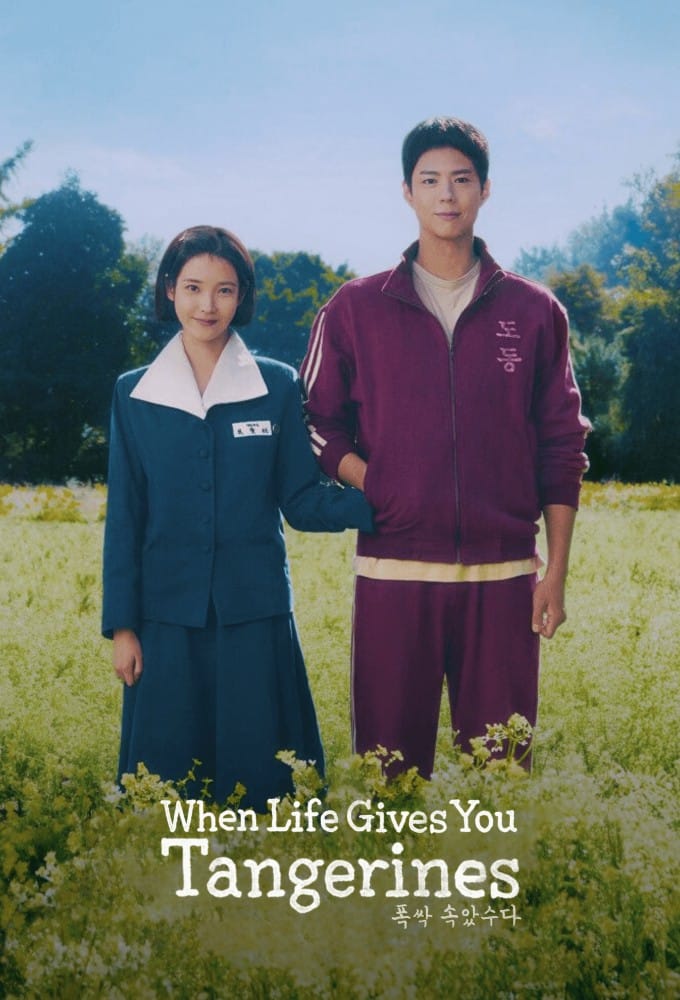
MyDramaList: 9.4
When Life Gives You Tangerines is a quiet masterpiece that sneaks up on you — bursting with raw emotion, natural beauty, superb acting, and masterful storytelling that's not tied down by genres and has its share of suspenseful and comedic moments. It's a family drama disguised as a youthful romance. Set on the shores of Jeju Island, it captures growing up, grief, relationships, and love with honesty, warmth, and humor. It's a favorite of mine. Credit goes to Anne for recommending this to me.
The Glory (2022)

MyDramaList: 8.9
The Glory is a razor-sharp, emotionally intense revenge thriller that doesn’t pull punches. With chilling precision and a career-best performance from Song Hye-kyo, it unravels a story of long-buried pain and calculated justice that’s hard to look away from. Who doesn't like a good revenge story? Credit goes to Anne for recommending this to me.
Squid Game (2021)

MyDramaList: 8.4
Maybe you skipped Squid Game because of the hype — understandable. But it’s been four years, and the dust has settled: this K-drama really is that good. Beneath the viral aesthetics, shocking twists, and all your annoying coworkers talking about it (but you've already seen movies like Battle Royale (2000) so you feel like you already "get" Squid Game) is a piercing critique of capitalism, inequality, and human desperation, told with unforgettable style and intensity.
Movies
Train to Busan (2016)

Rotten Tomatoes: 95% critics, 89% audience
Train to Busan delivers relentless tension and smart social commentary, all set on a speeding train during a sudden zombie outbreak. It’s tightly paced, emotionally resonant, and elevates the genre without sacrificing thrills.
Burning (2018)
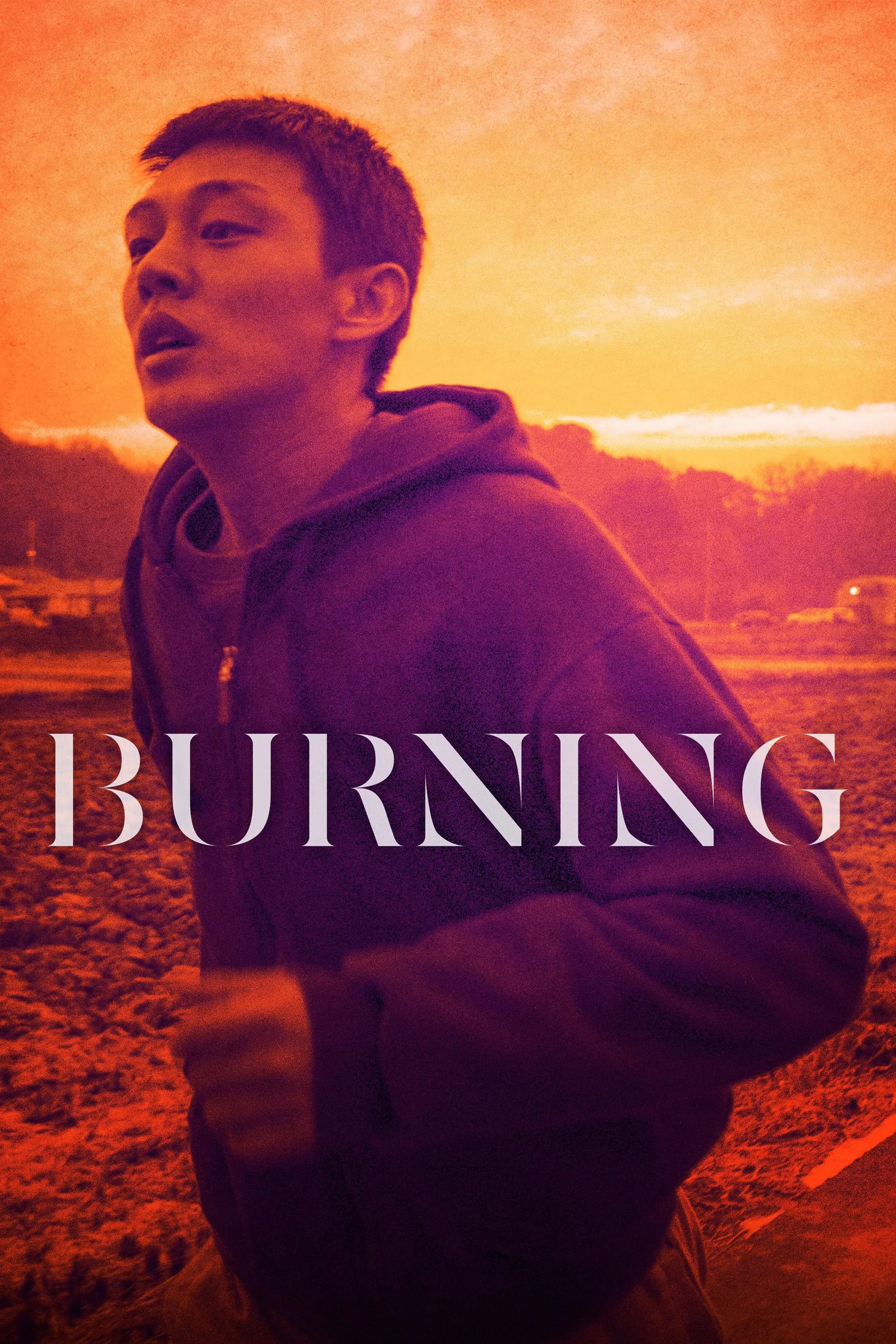
Rotten Tomatoes: 95% critics, 80% audience
Burning is a slow-burning psychological mystery — co-starring Steven Yeun and based on a story by Haruki Murakami — that simmers with ambiguity and unease. With haunting performances and layered symbolism, it’s a hypnotic exploration of class, desire, and the unknowable nature of others.
The Handmaiden (2016)
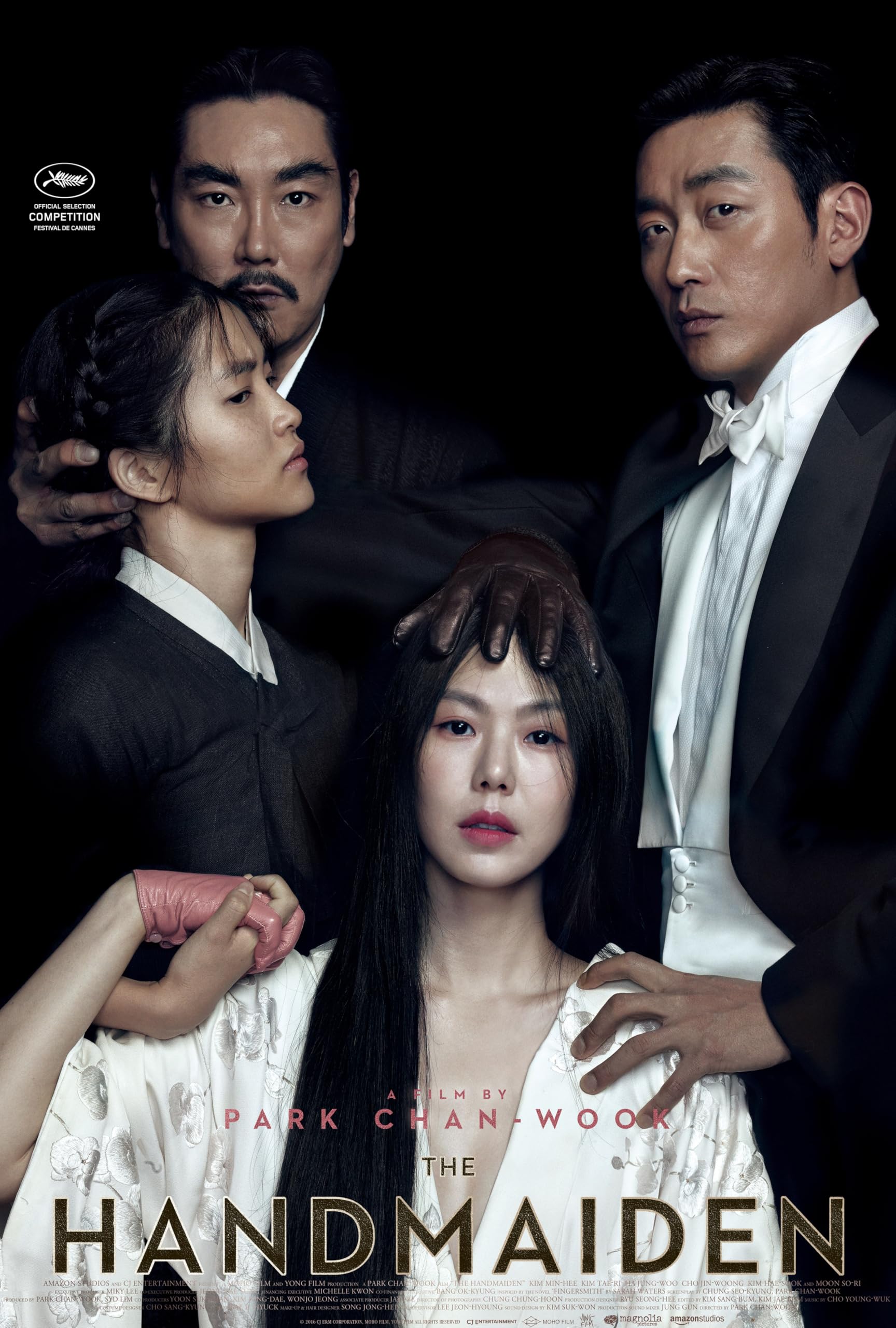
Rotten Tomatoes: 96% critics, 91% audience
The Handmaiden is a visually stunning, erotically charged thriller that twists and turns through deception, desire, and power. Directed by Park Chan-wook (Oldboy, 2003), it’s a brilliant display of storytelling and style — bold, mesmerizing, and unforgettable.
A Taxi Driver (2017)

Rotten Tomatoes: 97% critics, 82% audience
A Taxi Driver is a powerful historical drama that throws a Seoul cab driver into the chaos of the 1980 Gwangju Uprising. Driven by emotional depth and standout performances, it illuminates a pivotal moment in South Korea’s history.
My Sassy Girl (2001)
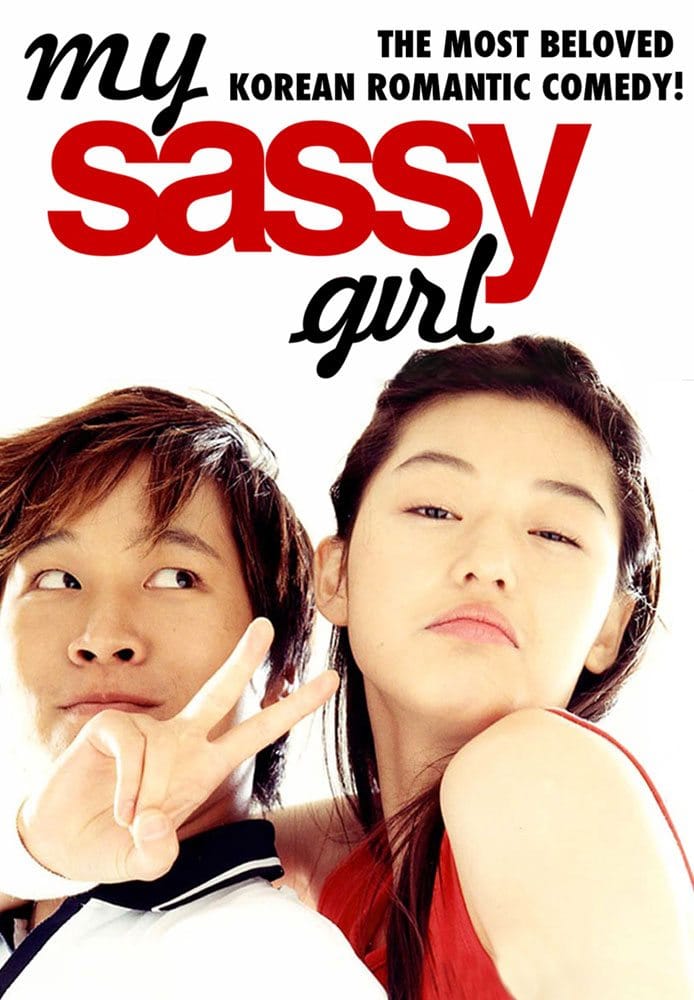
Rotten Tomatoes: 93% audience
A beloved classic that helped launch the Korean Wave, My Sassy Girl blends slapstick humor, heartfelt romance, and unexpected depth. Its quirky charm and emotional pull made it a genre-defining hit — and it still holds up today.
Memories of Murder (2003)
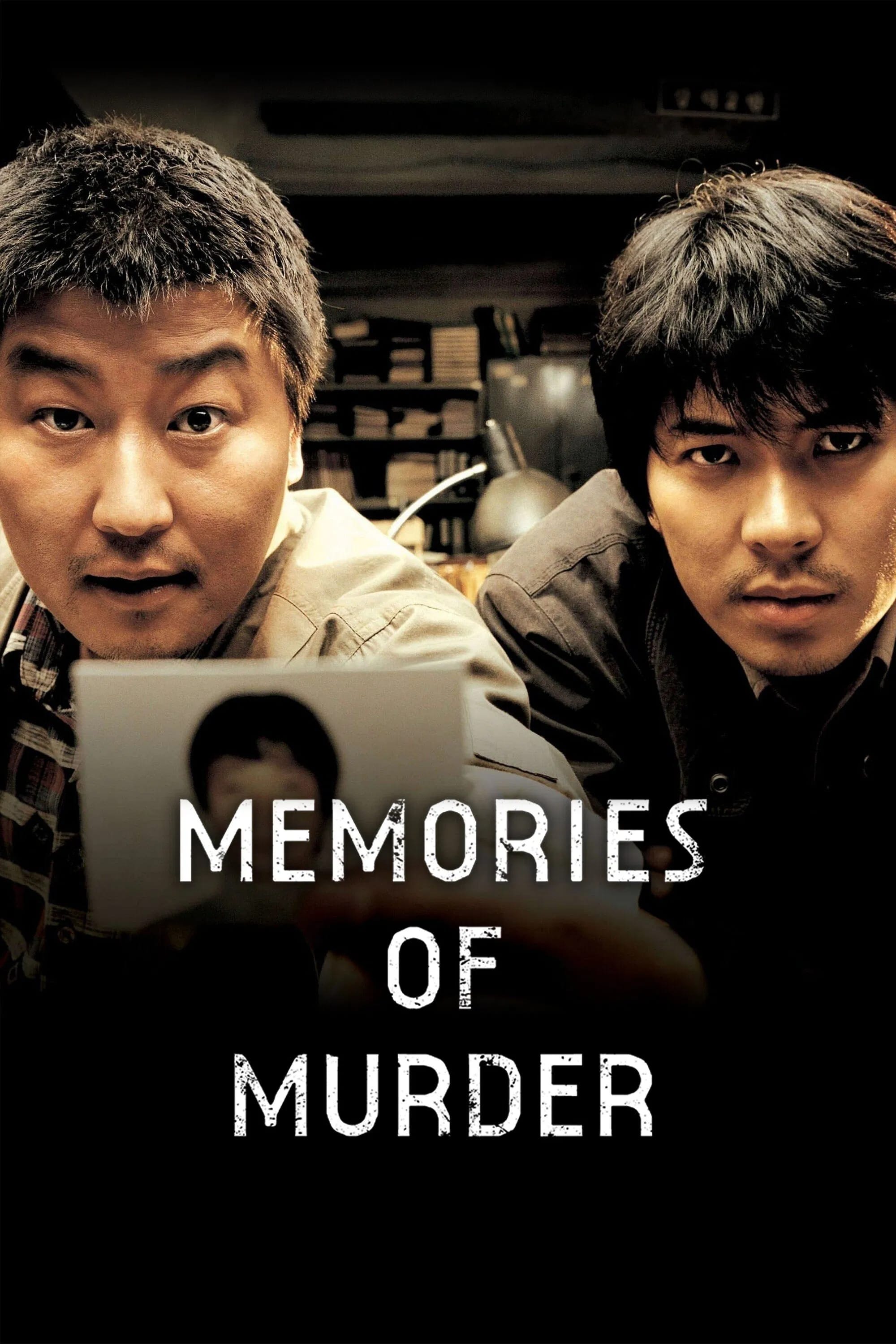
Rotten Tomatoes: 95% critics, 92% audience
Memories of Murder is a gripping crime thriller that helped kickstart global interest in Korean cinema. Bong Joon-ho’s (Parasite, 2019) masterful direction and its chilling real-life roots make it a defining film of the Korean New Wave.
Parasite (2019)

Rotten Tomatoes: 99% critics, 90% audience
Won Best Picture at the 2020 Oscars
Parasite made history for a reason — Best Picture, global acclaim. A bold class satire laced with suspense and dark humor. Honestly, it’s a must-watch. How could you not?
Bonus
Heart Signal (2017)

MyDramaList: 7.1-7.8
Heart Signal is a reality show where men and women share a house, and each night they anonymously text the person they’re interested in. A panel watches and tries to predict who will message whom. The show has four seasons, and there’s also an even more popular Chinese version with seven seasons and counting. It’s really fun to watch and guess along with the panel — Anne and I even make predictions on paper together and compete against each other. Andre is also a big fan of the show. Admittedly, it is addicting. I highly recommend it.
Why include this here? Because Heart Signal is all about catching the subtle cues and unspoken emotions in social interactions. It’s another example of Korean media’s strength in exploring the quiet, complex spaces between people — something I’ve been talking about throughout this blog post. Plus, it's a favorite of mine.
Conclusion
All of that to say — that is why Korean film and TV is worth your time — it’s rich, resonant, and more than just entertainment. Thanks for reading.
Can't Find Something?
If any of these are hard to find, I've got most of them on a Jellyfin server — and you can request anything that's missing. Let me know if you want access.
